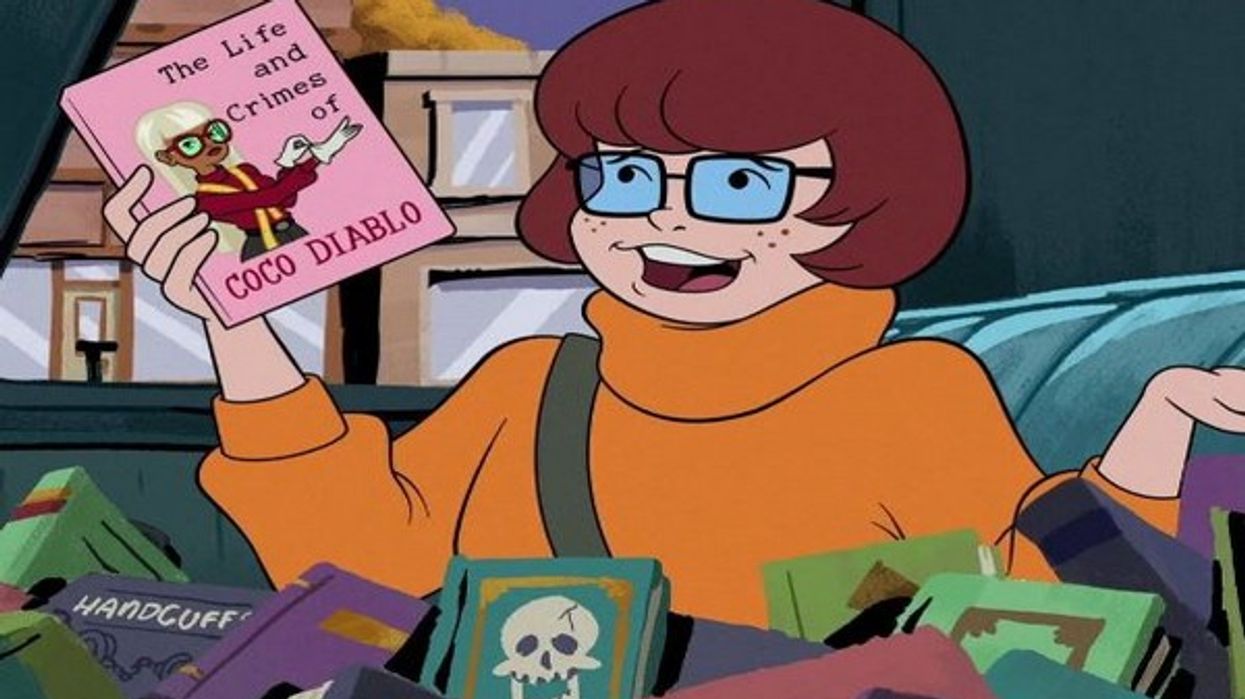Mindy Kaling’s animated series Velma, which is a prequel to the much-loved series Scooby-Doo, has achieved a new feat among animated series rated on IMDb. However, it is not something worth celebrating and being proud of.
On January 20, the show managed to garner a collective rating of 1.3 out of 10 stars on the ratings database, making it the worst-rated animated series in the site’s history. IMDb gives users the opportunity to rate shows between 1 and 10. It then works out an average user score based on fan votes.
According to Forbes, “a rare combination of anti-woke review bombers, left-leaning viewers who think the series is just plain bad, and Scooby-Doo enthusiasts upset by the changes made to the IP have made Velma one of the lowest audience scoring series I’ve seen in HBO history.”
The prequel to the Scooby-Doo series follows the gang, sans Scooby, as teenage rivals and misfits.
It was launched as “an adult animated comedy series telling the origin story of Velma Dinkley, the unsung and under-appreciated brains of the Scooby-Doo Mystery Inc. gang. This original and humorous spin unmasks the complex and colorful past of one of America’s most beloved mystery solvers."
Written by Mindy Kaling and Charlie Grandy, the series landed on HBO Max on January 12. With four episodes out, it has already been trashed by the audience with Kaling bearing brunt of the show’s failure of epic proportion.
A user wrote, “She wrote Velma just like all her other characters lmao “Omg I’m a brown girl and I hate myself for being brown were all so ugly” then just added the most unlikable personality on top.”
“Criticizing Mindy because she’s a woman of colour is unfair. However, she’s portrayed a lot of negative stereotypes of brown people through her self insertion and Velma is another instance of that. It’s like how Kenya Barris or Tyler Perry portray black people,” wrote another.
Criticizing Mindy because she’s a woman of color is unfair, however she’s portrayed a lot of negative stereotypes of brown ppl through her self insertion and velma is another instance of that. It’s like how Kenya Barris or Tyler Perry portray black people
— Coonske Niggameshi (@CNiggameshi) January 23, 2023
Not only on IMDb, but Velma has emerged as the worst-rated show on several other review aggregator websites also. But undeterred by the dismal response from fans, HBO Max is reportedly planning a second season of the series.
Keep visiting this space over and again for more updates and reveals from the world of entertainment.




